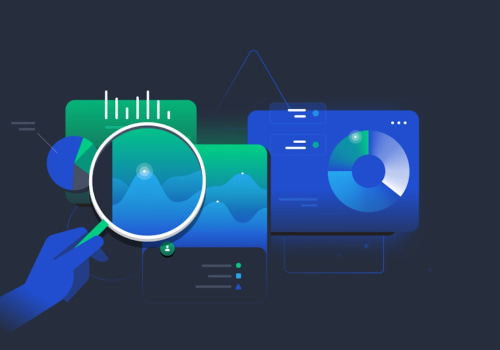AI can help a website in several ways. For example, AI-powered chatbots can improve website customer service by providing instant assistance to website visitors. These chatbots can answer the most common queries and guide users through the website. One of the most useful applications of AI is optimizing design and user experience.
AI collects real-time behavioral data to generate actionable feedback that marketers can use to improve the user experience on their website. More advanced tools can even make these changes on the fly. In fact, 75% of companies that use chatbots on their website report an increase of at least 10% in customer satisfaction. That's where AI helps semantic search: the search engine can figure out the intent and contextual meaning of the search query, which improves the accuracy of search results and, consequently, increases user satisfaction.
And since nearly 26% (one in four) of adults in the United States live with a disability, ignoring website accessibility means that you're voluntarily preventing a large audience from using your website. It involves the use of automated tools to create a website that offers users personalized experiences based on AI algorithms. Fortunately, many popular website platforms are now harnessing the power of artificial intelligence to make it easier to create websites. By taking advantage of AI technologies, you can create a website adapted to the needs and preferences of your customers.
For example, AI algorithms can identify patterns in user data and then create a website design aimed at those specific users. AI-powered website design can help you create a website that looks great and offers an efficient, personalized experience for your users. AI design techniques help create an interactive, intuitive, and easy-to-use website that automatically adjusts to the user's needs. Considering all these components, you can create an AI website adapted to the needs of your customers and help your company achieve its objectives.




